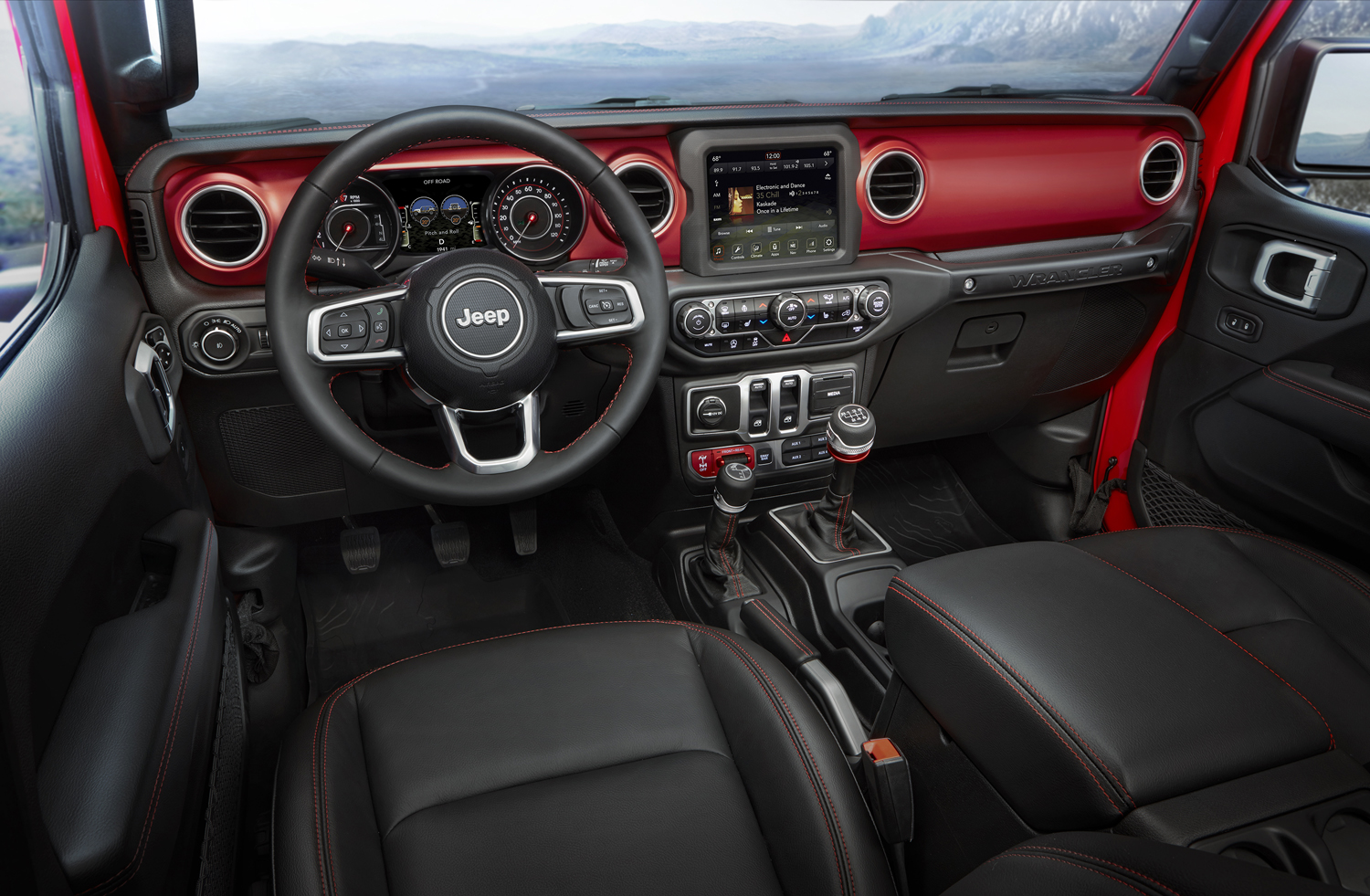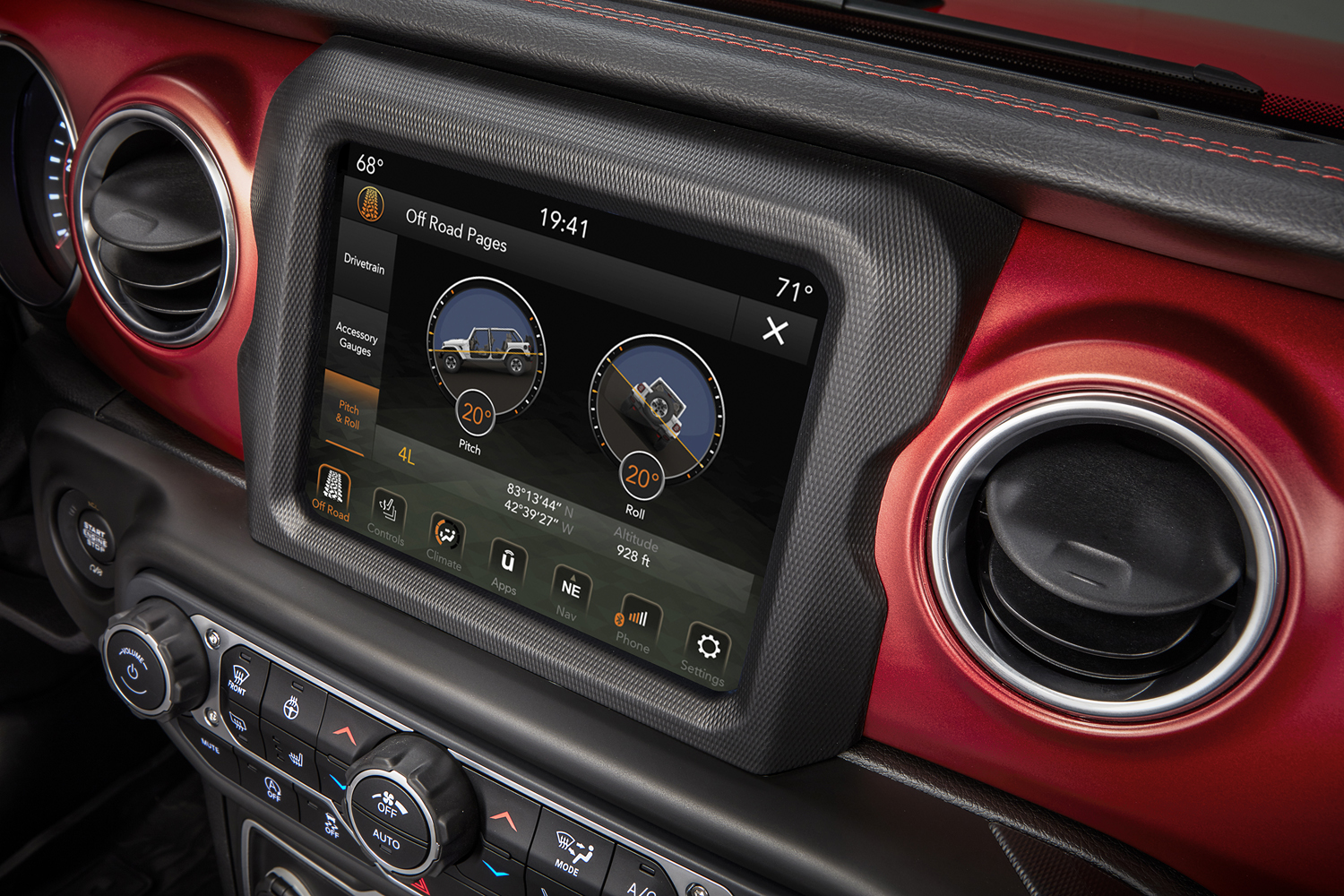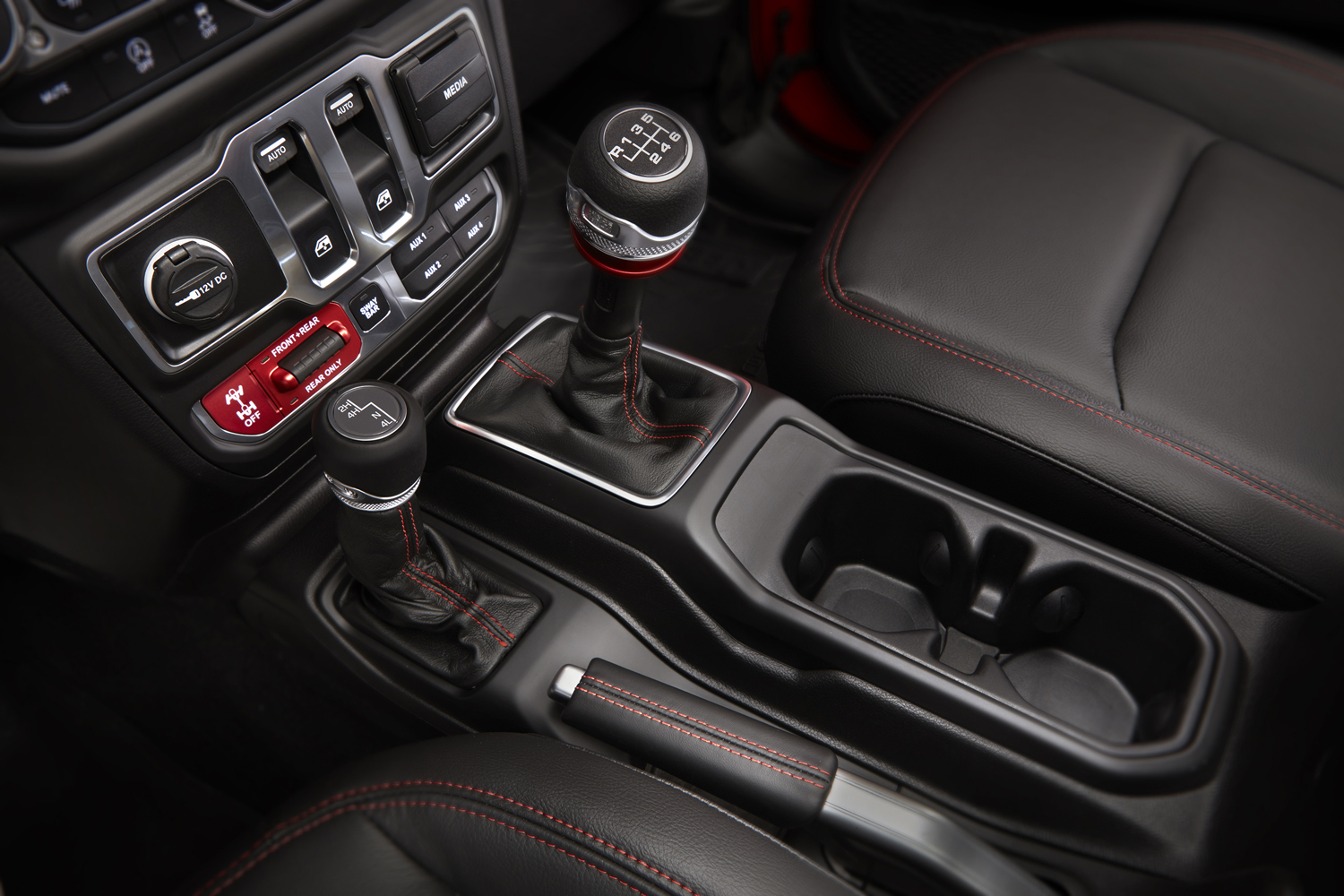Although it’s not a brand we normally associate with CES, Jeep will travel to this year’s edition of the annual electronics show to announce gasoline-electric plug-in hybrid variants of the Wrangler, the Renegade, and the Compass. The three models will wear the 4xe nameplate when they arrive in American showrooms before the end of 2020.
While Jeep hasn’t announced technical specifications, looking across the pond sheds light on what to expect from the plug-in version of the Renegade and the Compass. The European-spec models jointly made their debut at the 2019 Geneva Auto Show with a turbocharged, 1.3-liter four-cylinder engine under the hood to spin the front wheels, and an electric motor over the rear axle to turn the back wheels. The layout provided through-the-road all-wheel drive, meaning there’s no mechanical connection between the front and rear wheels, and it delivered approximately 240 horsepower. It’s not too far-fetched to imagine Jeep will need to make minor, market-specific tweaks to the duo, but we’re not expecting huge changes.
The Wrangler is bigger, heavier, and much more adventure-oriented, so it will get a different system. While nothing is official yet, rumors point to a setup in which Jeep’s venerable 3.6-liter V6 works with a pair of electric motors that deliver instant torque. This promises to be a real boon off-road, as the motors can drive the SUV on their own for short distances. Chrysler’s Pacifica minivan will likely receive the same technology when it gets a midcycle update for the 2021 model year.
Visually, it will take a well-trained eye to tell Jeep’s hybrids apart from their plugless siblings. They’ll inevitably have an extra flap for the charging port, and they’ll wear 4xe emblems out back, but stylists won’t give them a full stand-alone design. Inside, much of the technology (like the infotainment system’s touchscreen) will be designed for the hybrids.
Jeep will announce more information about its first production-bound plug-in hybrid models at CES 2020 next week, and the three SUVs will go on sale during the 2021 model year. Expect to hear more electrification-related announcements from the brand in the coming years; it pledged to offer every nameplate in its range with some form of electrified drivetrain (whether it’s hybrid or fully electric) by 2022.










